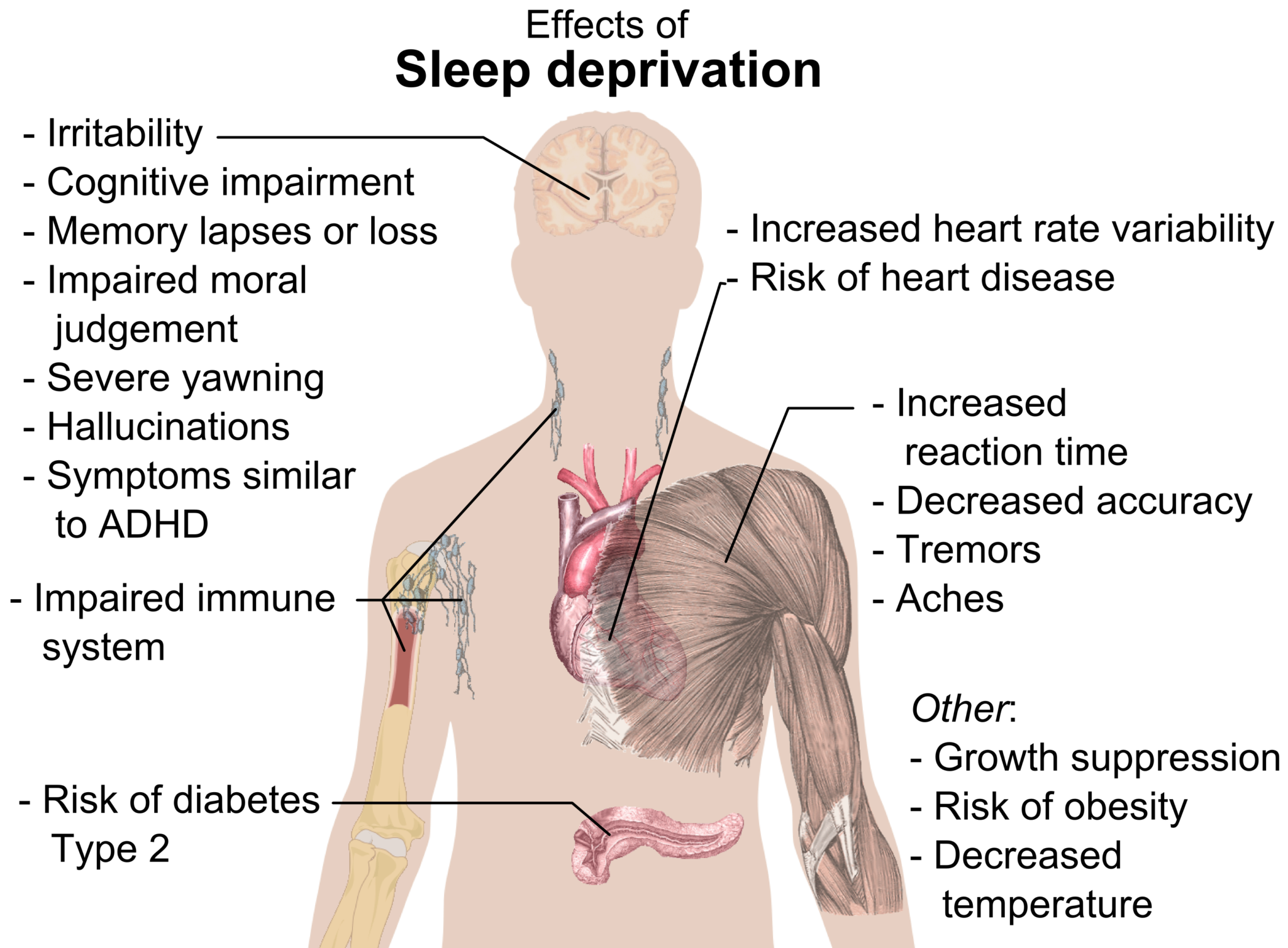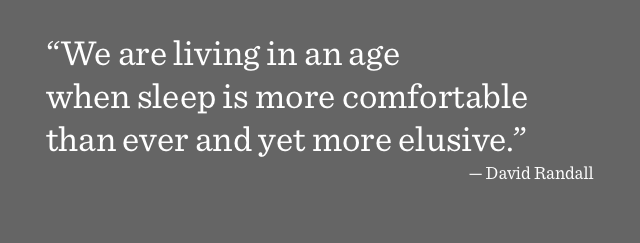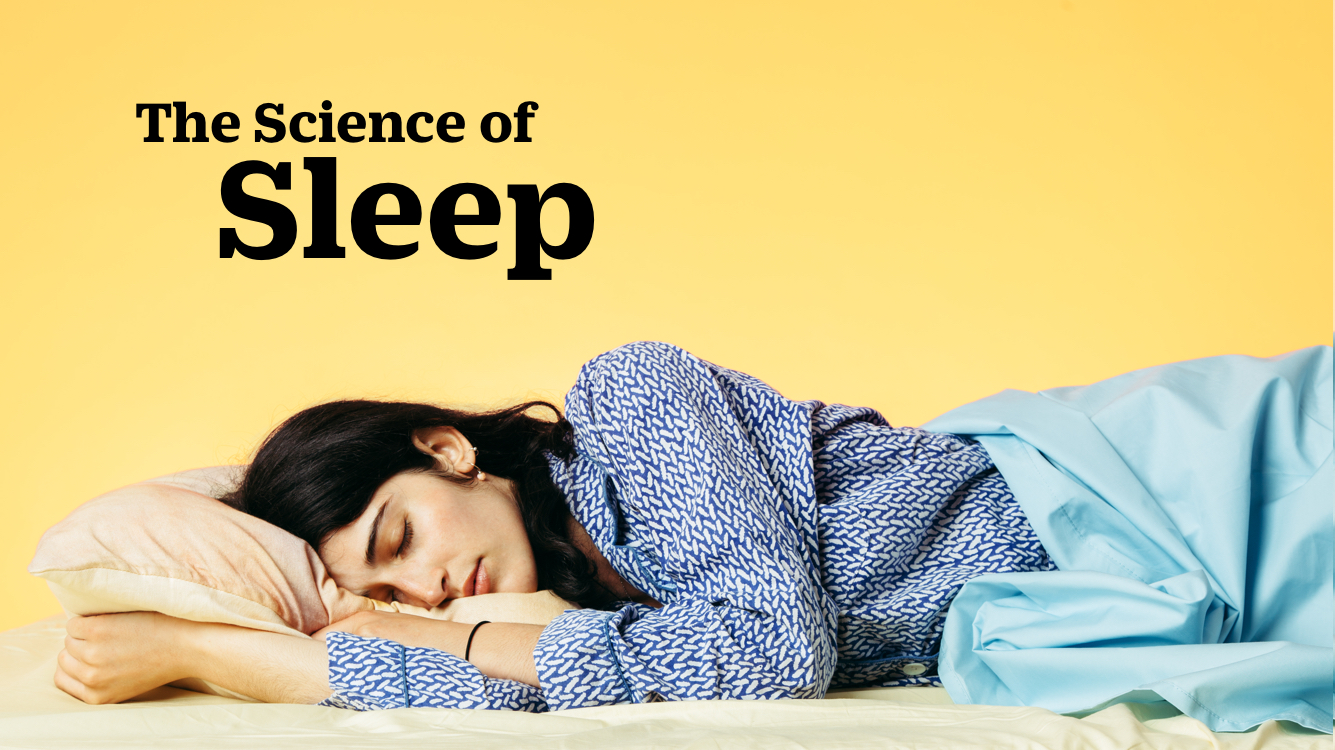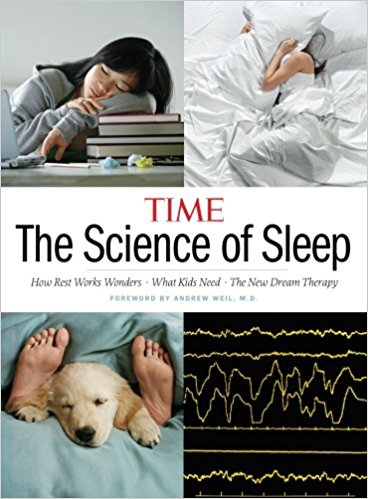We would like to hear from you with any feedback about our website or products.
The Science of Sleep
The Science of Sleep
The keys to living a quality life are exercise, nutrition and a forgotten dimension called Quality Sleep. Sleep is a necessity, not a luxury. Sleep determines our alertness, energy, mood, thinking, productivity, safety, longevity and especially our health. The sleeping brain promotes synaptic growth, a process that enhances memory, problem-solving, decision making and creativity during the REM, or rapid eye movement portion of the sleep cycle.
We sleep in 90-minute segments. In the early segments of the sleep process, our body is healing itself. In the later stages of sleep, called REM, where dreaming is at its height, the brain heals itself which is essential for creativity, decision-making, problem-solving and memory. So if your customers are not getting a full eight hours of sleep they are truly cheating themselves. To accomplish peak performance, we humans must, on average, invest one-third of our lives to sleep. Remember, the quality of sleep has an impact on our quality of life and undisturbed sleep is highly correlated with quality sleep. Studies show that every hour of sleep deprivation below 8 hours results in a 25% loss in productivity. Six hours of sleep or less lowers our resistance to viral infections by 50%. Six hours of continuous sleep is more restorative than eight hours of interrupted sleep.
Sleep loss results in drowsiness, mood shifts, anxiety, depression, decreased motor skills and decreased cognitive performance such as the ability to concentrate and remember. It affects our communication and decision skills; our ability to handle complicated tasks. It also affects our productivity and creativity.
The quality of sleep is especially critical to women. Women have significant sleep quality problems. They sleep less than men and have shorter periods of Deep Sleep. Women are more vulnerable to being disturbed by partner movement and more prone to insomnia (53% more than men). The menstrual cycle, pregnancy, and menopause also impact their quality of sleep.
According to Dr. James B. Maas of Cornell University:
• 51% of women recognized the impact of their sleep problems.
• 46% said it impacts their ability to accomplish household duties.
• 34% said it impacts their marriage.
• 28% said it impacts how they deal with their children.
• 27% said it impacts their job performance.
• 24% said it impacts how they care for and maintain their family relationships

.
One of the major causes of sleep loss is backache. According to the National Institute of Urological Disorders and Stroke, back pain is the biggest cause of job-related disability and a leading contributor to missed work. A new mattress that provides the proper support and comfort for proper spinal alignment has been shown to make a big difference in back health. Dr. Mehmet Oz, of the Dr. Oz Show, states that most cases of back pain are mechanical or are non- organic, meaning they aren’t caused by serious conditions as arthritis or injury. Improper posture or lack of spinal support is at fault. Also, Dr. Clayton Dean of the Maryland spine Center says replacing a mattress every five to nine years is a great idea, especially for those who wake up with back stiffness or pain.
New scientific research continues to unmask the effects of chronic sleeplessness, and the results are enough to keep us up at night. Here are four of the most devastating effects, courtesy of the American Heart Association.
• Sleep loss can lead to Diabetes. A recent study shows that people who sleep less than six hours a night appeared to have a higher risk of developing impaired fasting glucose, a condition that can precede type 2 Diabetes.
• Sleep loss can raise your blood pressure. Another recent study found that a lost hour of sleep – 1 hour or less than the recommended 8 – increased the odds of developing high blood pressure on an average of 37% over five years: skipping two hours raises the blood pressure risk 86%. This condition can lead to heart attack stroke or kidney failure.
• Sleep loss can make you gain weight. Several recent studies have confirmed that there is a link between the loss of sleep and weight gain. In one study, participants who slept six hours per night were 27% more likely to become obese than those sleeping seven to nine hours: people getting five hours of sleep per night were 73% more likely to become obese: and those with only two to four hours of sleep per night were 76% more likely become obese.
• Sleep loss can make you vulnerable to Cancer. Yet another recent study showed that even when people taking preventive actions that have been proven to lower cancer risks such as exercising and eating right, inadequate sleep seems to counteract those benefits.
Every store can say that they have great prices and carry major mattress brands. But our customers can purchase sleep sets with features that help to promote a better night’s sleep.
Some questions for you, the customer?
• Do you need an alarm clock to wake you up?
• Do you hit the snooze button, weekday mornings?
• Do you fall asleep watching TV, or relaxing after dinner?
• Do you ever feel drowsy when driving?
• Do you sleep extra hours on weekend mornings?
Sales Consultant: As you can see, there are more questions, but if you answered “yes” to at least 3 of these you may be sleep deprived and need more and better sleep. If you do, don’t feel alone, 64% of Americans get less than 8 hours, experience these conditions, and are sleep deprived.

Sales Consultant: One of the keys is to obtain uninterrupted sleep. The 2 major reasons for interrupted sleep are the transfer of motion from one partner to the other when one of them turns. The other is back pain, which is caused by the lack of proper spinal alignment and support by the mattress.
Sales Consultant: Now that we’ve seen the need and the benefits of quality sleep, let’s discuss how we’d provide that quality sleep and improve the quality of life for you and your family.
________________________________________
Credit: Ron Wolinski








